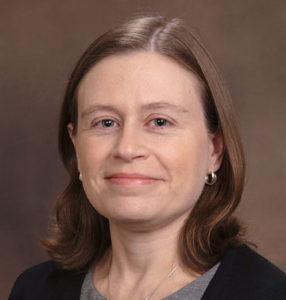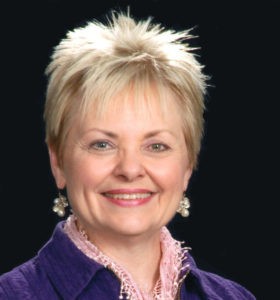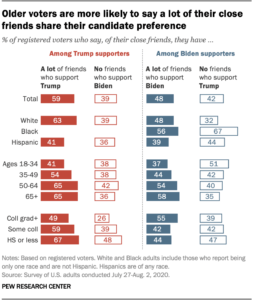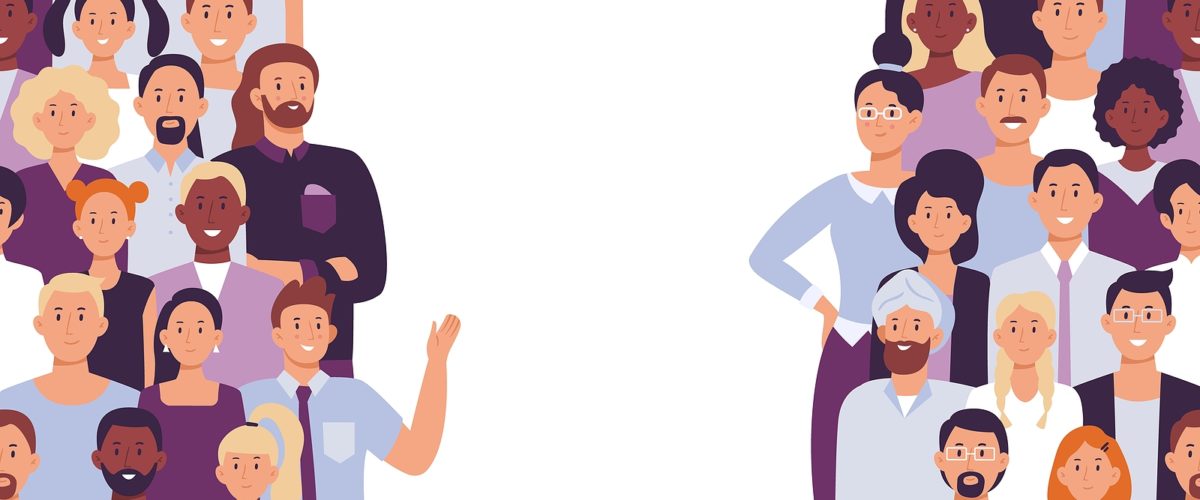New research reveals just how far Americans have retreated from those with differing political views, a phenomenon one expert describes as a huge challenge for pastors.

Laura Stephens-Reed
The Pew Research Center reported that deep disagreements over presidential politics has led significant numbers of voters to avoid those who support opposing candidates.
The trend creates a thorny problem for clergy, said Laura Stephens-Reed, a minister and congregational coach based in Moulton, Ala.
“This causes a lot of issues for pastors, because there are political fault lines, reinforced by strong personal ties among the people on either side, that affect the pastor’s ability to manage a public health crisis or address social issues,” she said.
Those fault lines are illuminated in the Pew report. It found that supporters of President Trump and his Democratic opponent, Joe Biden, largely have little to do with each other. About 40% of registered voters on both sides said they do not have even one close friend who supports the opposing candidate. Less than 25% said they have more than “a few” such friends.

Gloria Martin
“Most voters instead report having a lot of friends who share their political preferences,” Pew said.
This relational polarization along political lines cannot be laid solely at the feet of a particularly nasty election season, said Gloria Martin, a marriage and family therapist in Dallas.
“I think the problem is that, societally, we all live in ‘bubbles’ that were established long before an election year,” she said. “We often have no way of meeting and dialoguing with those who have a different viewpoint than ours.”
Even when there are encounters, the tendency is to play nice, as Martin has witnessed in her neighborhood. “Typically, when we gather, we don’t talk politics.”

Stephens-Reed said that also can be the case within congregations divided by politics. “In some churches that have a mix of Trump and Biden supporters, members might avoid overt political talk for the appearance of harmony.”
But the tension may still emerge in side-issue debates about mask-wearing, the causes of the pandemic or the ongoing civil rights movement, she said.
As a result, “thought bubbles quickly develop and expand from there, often along friend lines, since humans have a natural tendency to surround ourselves with people who think like us,” Stephens-Reed said.
Pew documented that tendency, too, reporting that most voters are likely to have many friends with shared political preferences. About 48% of Biden supporters and 59% of Trump supporters say a lot of their close friends share their points of view. Even higher percentages of voters — 87% for Biden and 89% for Trump — “say they have at least some close friends who support their candidate for president.”
Older voters are more likely than younger voters to have “a lot of friends who back their candidate.”
Age also plays a role. Pew said older voters are more likely than younger voters to have “a lot of friends who back their candidate.”
Geography is another factor. “In counties where Trump’s margin over (Hillary) Clinton was 30 points or more, 71% of Trump supporters say a lot of their friends currently support the president and nearly half (46%) say they have no close friends who back Biden,” Pew said.
“The pattern is similar among Biden supporters: 57% of those who live in counties that Clinton won handily in 2016 say a lot of their close friends support Biden, while 53% say none of their close friends support Trump.”
The numbers testify to the human tendency to seek safety among like-minded persons, Martin said. “We have become so divided there is little room for civil discourse and so we gravitate toward others who are like us because it is where we feel comfortable.”
And the coronavirus outbreak just makes it all worse, Stephens-Reed added. “The pandemic itself deepens the fault lines because there are fewer opportunities for cross-bubble relationship building that might erode the divisions.”
Related articles:
‘Pro-life evangelicals’ endorse Biden, Dobson rallies forces for Trump, and ‘MAGA Church’ debuts
Is this election all about abortion? It depends on who you ask


